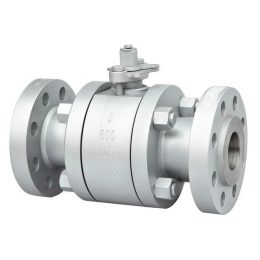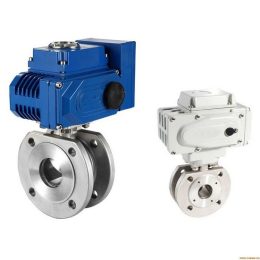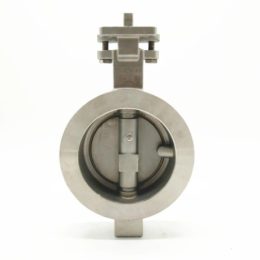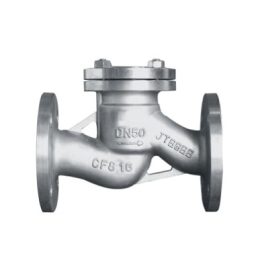Summary Of High -pressure Valve
Introduction
In various industries such as super-hard material manufacturing, chemical industry, petrochemical, processing technology, and many others, ultra-high-voltage technology has become a popular choice. High-pressure valves play a crucial role in controlling the flow of fluids and are designed to open and close using a disc-shaped valve board that rotates around its axis in the valve body to achieve the purpose of opening or adjusting. The primary function of the valve is to cut off and throw the pipeline, making it an essential component in ultra-high-pressure systems as it affects the reliability, safety, efficiency, and service life of the entire system.
Materials and Design
The primary causes of valve failure in ultra-high-pressure systems are air erosion and erosion wear. The mechanical properties, fluid mechanics, and environmental impacts of the materials are factors that contribute to air erosion and erosion. Manufacturers use materials that have high wear resistance and hardness to improve the capacity of valve resistance. Special coatings on the valve surfaces also help prevent erosion and wear. The design of the valve is also an essential factor in improving its resistance to erosion and wear. Manufacturers consider factors such as the fluid mechanics, mechanical properties, and environmental impacts of the materials when designing the valve.
Sealing System
The sealing system is another factor that contributes to the reliability and safety of the valve in ultra-high-pressure systems. A reliable sealing system ensures that the valve does not leak and can withstand high pressure. The sealing system of the valve should be robust enough to withstand the harsh conditions in which the valve operates. Manufacturers use various sealing mechanisms such as soft-sealing, metal-sealing, and hard-sealing to ensure the valve’s reliability and safety.
Conclusion
In conclusion, ultra-high-pressure valves play a crucial role in controlling the flow of fluids in various industries. The performance of the valve directly affects the reliability, safety, efficiency, and service life of the entire system. To improve the capacity of valve resistance and erosion wear, manufacturers use materials with high wear resistance and hardness, special coatings, and robust sealing systems. By considering these factors during the valve’s design and production, manufacturers can improve the valve’s reliability, efficiency, and service life. High-pressure valves will continue to be an essential component in ultra-high-pressure systems, and the development of new materials and designs will continue to improve their performance.



